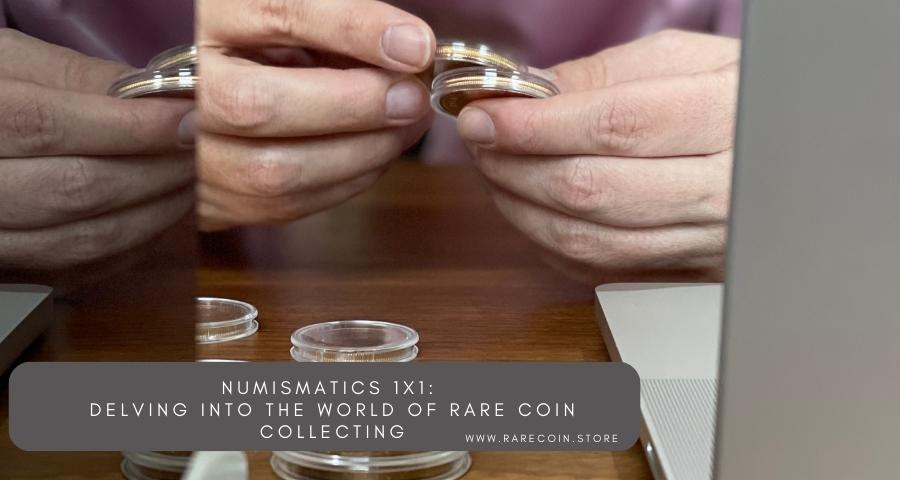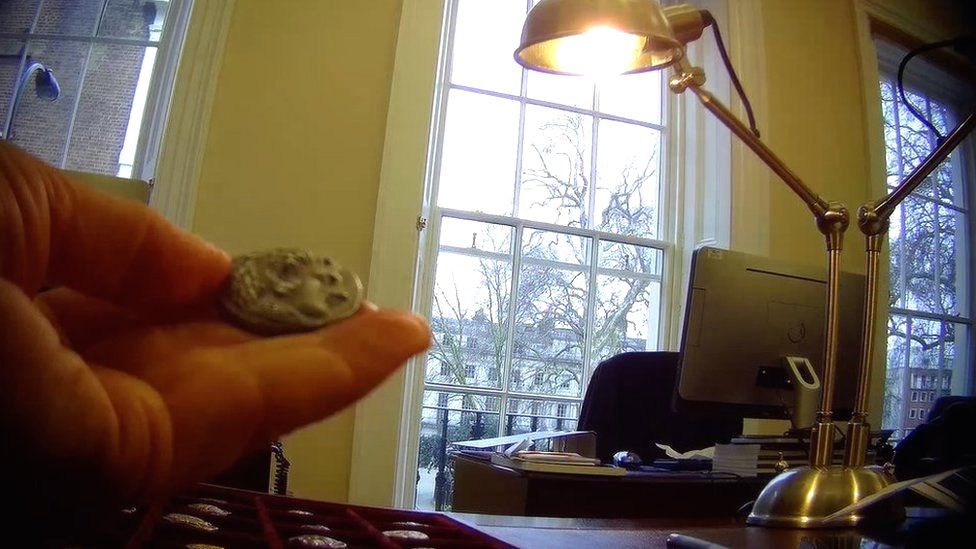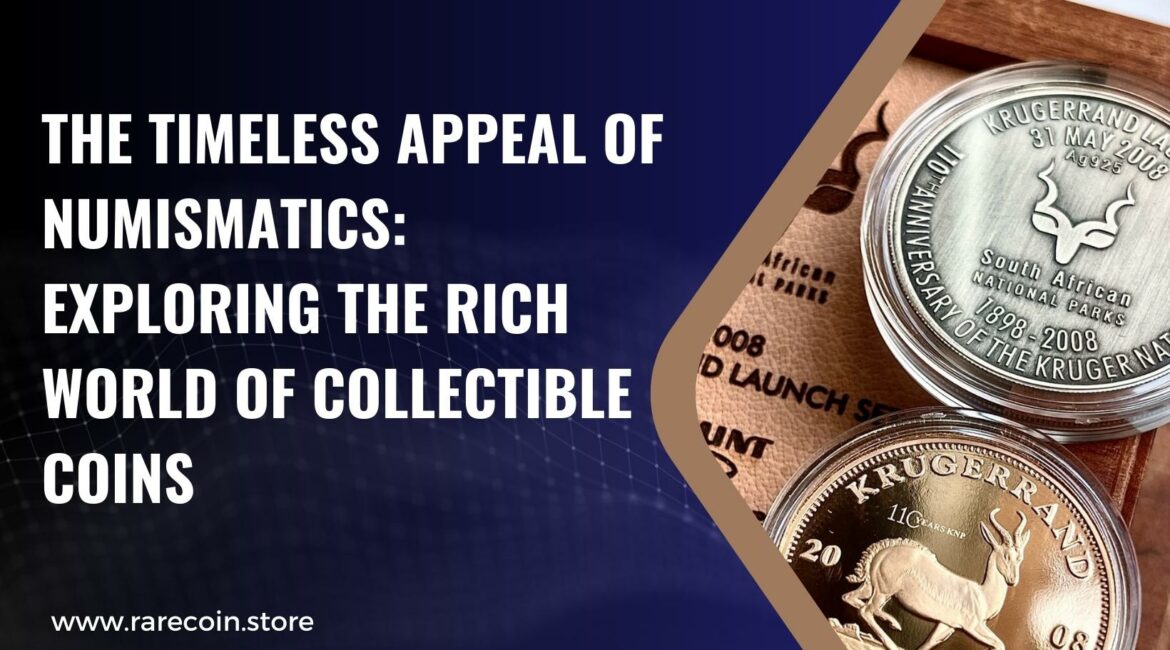Excellent Facts To Selecting Antique Banknotes And Coin Issue
Wiki Article
How Do I Look Up A Database To Find Numismatics Associated With Museums?
You can use a database to learn about exhibitions, museum collections and research. Here's how to do it: Museum databases such as those from the British Museum, Smithsonian Institutions or online platforms that concentrate on museum collections and numismatic items are all possibilities.
Define Research Focus: Specify your research objectives. Are you looking for information about the numismatic collections of a specific museum, exhibitions that feature coins, scholarly articles about numismatics or the the historical and cultural contexts that surround the numismatic display. Find out what you are looking for to guide your exploration.
Utilize keywords that are related to both the field of numismatics (numismatics) and museums ("numismatic collection," coin exhibitions," museum catalog") and include specific museum or geographic names if applicable. Utilize advanced search to filter results based on dates, collections types and theme of the exhibition.
Data Collection: Access data on numismatic objects in museums. This includes detailed descriptions of the objects, images, provenance, and the historical significance. Find digital catalogs that categorize coins based on their the time period, culture or theme of the exhibition.
Analyze your data to understand the significance and importance of museum's numismatic collections. Look at how museums display and interpret coins to fit within larger historical and cultural narratives. Examine the different ways museums exhibit items numismatic. The focus should be on educational strategies in addition to interpretive frameworks and other factors.
Cross-Referencing: Verify your findings by cross-referencing information through multiple databases of museums or other scholarly sources. This method ensures precision and completeness in your research. Also, you'll gain a broader perspective on numismatics, especially when it is used in museums.
Documentation: Documentation is crucial. Use sources to cite and record the methods employed. Note down details like keywords, databases utilized and their relevance to your research questions.
Keep up-to-date The collections of museums and exhibits change in time. Visit databases frequently for the most up-to-date information on new acquisitions.
These steps can help you investigate numismatics with museums. This method allows for extensive investigation into the presentation, interpretation, and study of coins within museum settings and provides insight into their historical, cultural and educational significance. Read the recommended official source for more recommendations including coin expo, coin show, coin die, pound, coin design, coin catalog, coin appraisal, coin die, german coins, collection and more.

How Can I Utilize Numismatics To Find Exhibitions And Show Events In Databases?
The study of numismatics in relation to events like exhibitions and shows requires using databases that store information about numismatic exhibitions as well as conferences, shows, and related events. To conduct such research, here's how to choose a database: Select databases that specialize in numismatic events and shows. For instance, you can look at the websites of the most prominent organizations in the field of numismatics, such as the American Numismatic Association.
Define Research Focus: Specify your research objectives. Are you keen to find out more about past and upcoming numismatic conferences or regional coin shows, thematic or educational shows and upcoming shows of coins? Clarify the focus of your lookup.
Search Strategy: Use words like "numismatic exhibitions," "coin exhibitions," "numismatic events," and include specific events' names, dates, or thematic focuses in the event that are relevant. Use advanced search options to filter results by the date, event type (such as exhibitions, conferences) and geographical region.
Data collection: Find out on upcoming or previous exhibitions and numismatic events. Gather information about the dates of events, locations and the organizers, any special collections or themes that will be featured in the event, along with participating exhibitors and publications. Search databases for databases that provide a online tours or digital access to exhibition material.
Examine and interpret the information that you have collected to understand themes, trends, educational objectives and the educational benefits of numismatic displays and events. Examine how various exhibitions, shows and collections help to improve the public's understanding of numismatics.
Cross-Referencing: Verify the validity of your study by comparing information from different databases as well as official websites. This will ensure accuracy and completeness of your study. It also gives a global overview of the activities of numismatic exhibits.
Documentation - Record your research findings in a systematic way, citing the sources used and highlighting methods. Keep track of details on the databases used, keywords used to search, and the significance of each source to your research needs.
Stay up to date: Numismatics remains a dynamic field, featuring numerous conferences, exhibitions and exhibitions. Stay current by monitoring the latest news from numismatic societies, event organizers, and databases to get the most up-to-date information about upcoming events.
Following these steps, you can effectively use databases to explore the numismatics of shows and exhibitions. This allows an in-depth study of the many numismatic events and exhibitions around the world, their educational value as well as academic contributions. Check out the top rated breaking news for coin forum for website advice including coin minting, pound, coin certification, coin auction, bullion coins, gold, coin engraving, currency catalog, shekel, proof coins and more.

How Can I Use A Numismatics Database To Find Legal Experts Who Can Assist Me With My Research?
This research can be conducted in a methodical manner using databases focusing on numismatics and coinage regulations, currency laws, legal precedents, and academic articles. An organized approach is offered to help you conduct this research. Some examples include legal research platforms such as Westlaw or LexisNexis as well as numismatic law journal and publications of numismatic societies.
Define Research Focus: Specify your research objectives. Are you seeking to understand the legal frameworks that govern coinage and currency, numismatic disputes, rules governing coin production and circulation, or the legal interpretations of numismatic authenticity and ownership? Make sure you know where to look in order to narrow your search.
Search Strategy: Add keywords like "numismatic law" or "legal aspects of coinage" or "numismatic conflicts," and add specific legal concepts, like authenticity, ownership and counterfeiting, when applicable. Utilize advanced search options to filter results based on date, jurisdiction (national or international), and legal topics that pertain to numismatics.
Data Collection: Find details on the legal precedents, court rulings, legislative texts, and research papers on the law of numismatics. Gather details, like the summaries of decisions, legal analyses and interpretations of relevant statutes. Also, collect historical perspectives.
Analysis: Analyze and analyze the data to identify the legal challenges and implications of the numismatics. Find out how legal frameworks affect numismatic trading collections management, collection processes authenticating procedures, as well as the international trading of numismatic goods. Compare various legal interpretations or methods across different jurisdictions, historical periods or countries.
Cross-Referencing: Confirm your findings by cross-referencing data across multiple databases such as courts, legal journals and academic publications. This will ensure the accuracy of your research and complete, giving you a full picture of the legal environment in the field of numismatics.
Documentation: Document your findings in a systematic manner by citing sources and noting the methodologies you employed. Keep track of the specifics of the databases you accessed and the search terms you used and the relevance each source offers to the research question you are trying to answer.
Keep Up to Date: Numismatic laws and legal interpretations are constantly evolving with legislative changes, court decisions and other developments. Stay up-to-date by keeping track of the latest updates from databases as well as legal publications on numismatic numismatics, and updates provided by numismatic organizations regarding legal development.
You can use databases to research numismatics and legal experts by following these simple steps. This technique allows a comprehensive investigation into the legal frameworks, challenges and scholarly interpretations that intersect with the numismatics field, offering insights into the legal aspects governing the collection of coins, coinage and trade around the world. See the top rated related site on banknote magazine for more tips including nickel, banknote grading, peso, banknote holder, banknote marketplace, coin holder, coin rarity, slovak coins, currency, dirham and more.

Where Can I Find Experts In Conservation And Preservation Using A Database?
The study of numismatics in relation to conservation experts and preservation specialists requires the use of databases that focus on conservation techniques, preservation methods, case studies on objects of numismatic origin, and also contributions by conservation experts. This is a systematic procedure for carrying out this kind of study: Database selection: Choose databases that specialize in the conservation and preservation cultural heritage of numismatic items. This includes the websites of conservation groups like the International Institute for Conservation of Historic and Artistic Works (IIC) museum conservation departments and numismatic publications.
Define Research Focus: Specify your research objectives. Do you want to learn about techniques to preserve the numismatic object as well as case studies on the restoration of coins and medals, conservation prevention actions or ethical concerns? Clarify your interests to help guide your investigation.
Search Strategy: Use keywords such as "numismatic conservation,"" "coin preservation techniques," "conservation practices for medals," and include specific conservation techniques (such as cleaning, stabilization, storage) or historical periods if applicable. Advanced search options let you to filter by date, conservation topic, and case studies.
Data Collection: Access to details on preservation and conservation methods for objects of numismatic origin. Find information on cases studies, articles on conservation techniques conservation experts' talks and guidelines for handling and store numismatic collection.
Analysis: Review your data to gain a greater understanding of the issues and the innovations in the field of numismatic preservation. Examine conservation practices and their effects on preservation of artifacts. Consider the application of scientific analysis in making conservation-related decisions.
Cross-Referencing. Verify that your findings are correct and complete by comparing information from various databases and websites of conservation groups museums, conservation departments at museums or academic articles. This will ensure that your research is accurate and complete, providing you with an entire view of numismatic conserving methods.
Documentation - Documentation is essential. Note sources and the methods you used. Keep track of details on the databases used and the search terms you used and the importance of every source you use to answer your research questions.
Keep up to date: Conservation techniques and preservation standards are evolving with advancements in technology and scientific research. To stay up-to-date with the latest developments in numismatics keep up with updates from conservation organizations, museums conservation department, and specialized conservation publications.
These steps will help you use databases in a way that is suitable for experts in conservation and preservation. This method allows for a comprehensive examination of the strategies as well as the ethical and practical contributions made by conservation experts to protect the numismatic heritage of artifacts. Additionally, it provides insight into challenges and advances in the protection of cultural assets by the use of numismatic preservation techniques. Have a look at the best banknote value recommendations for site advice including coin errors, silver coins, silver coins, banknote club, design, banknote society, collector, coin magazine, banknote show, coin artist and more.

What Can I Do To Access An Online Database For Numismatics Research?
Here's a structured approach to conducting research in this manner: Database Selection: Select databases that are known for their reliability and trustworthiness in numismatic information. The following structure will help you in carrying out this research: Database selection: Choose databases that are high in terms of credibility and reliability in relation to the numismatics of information. This can include auctions of numismatic databases (such as Heritage Auctions and Stack's Bowers Galleries), coin catalogs online (such Numista or CoinArchives) as well as databases of numismatic societies, and reliable dealer websites.
Define Research Focus: Specify your research objectives. Are you interested to verify information about the coin (such the weight or metal composition) or historical information (minting periods and mint marks), the market value (prices in auctions) or collecting trends? Determine where you would like to focus on your research.
Search Strategy: Make use of keywords such as "numismatic database verification," "coin market value updates," as well as specific coin kinds or historical periods. Search functionality allows you to search by date, coin attributes or sources credibility.
Data Collection: Confirm and gain access to information on numismatic data. From auction results and catalog entries, collect information on things like coin images, descriptions and prices, historical background, and provenance.
Verification Process Check the accuracy of information using several databases. Examine the information in various sources (auctions houses, catalogs and numismatic associations). Check the accuracy of coin specifications by comparing them to traditional references like official mint documents or guides to grading coins.
Updates: Check databases frequently for any updates to numismatic data. Keep up-to-date with the most recent coin discoveries as well as updates to market prices as well as changes to the historical attributions and the latest trends in collecting. Sign up for alerts or newsletters from numismatic websites for up-to-date information.
Analyze your data that you have verified to gain insights into the characteristics of coins, such as the historical significance of a coin, its market trends and collector's preferences. Examine the impact of the updated data on your research and collecting interest.
Documentation. Record all the findings and cite sources. Also, note the methods of verification you have employed. Keep records of any new information or updates to market prices and also the knowledge gained through the process of research.
If you follow these steps, you will be able to effectively use databases to research numismatics in terms of the verification of data and updates. This approach ensures that you are able to access current and reliable information essential for making educated decisions regarding collecting coins, conducting research and investing in the ever-changing field of numismatics. Take a look at the top rated currency society recommendations for site recommendations including coin pressing, commemorative, currency forum, coin catalog, peso, currency catalog, banknote show, silver, coin auction, banknote artist and more.
